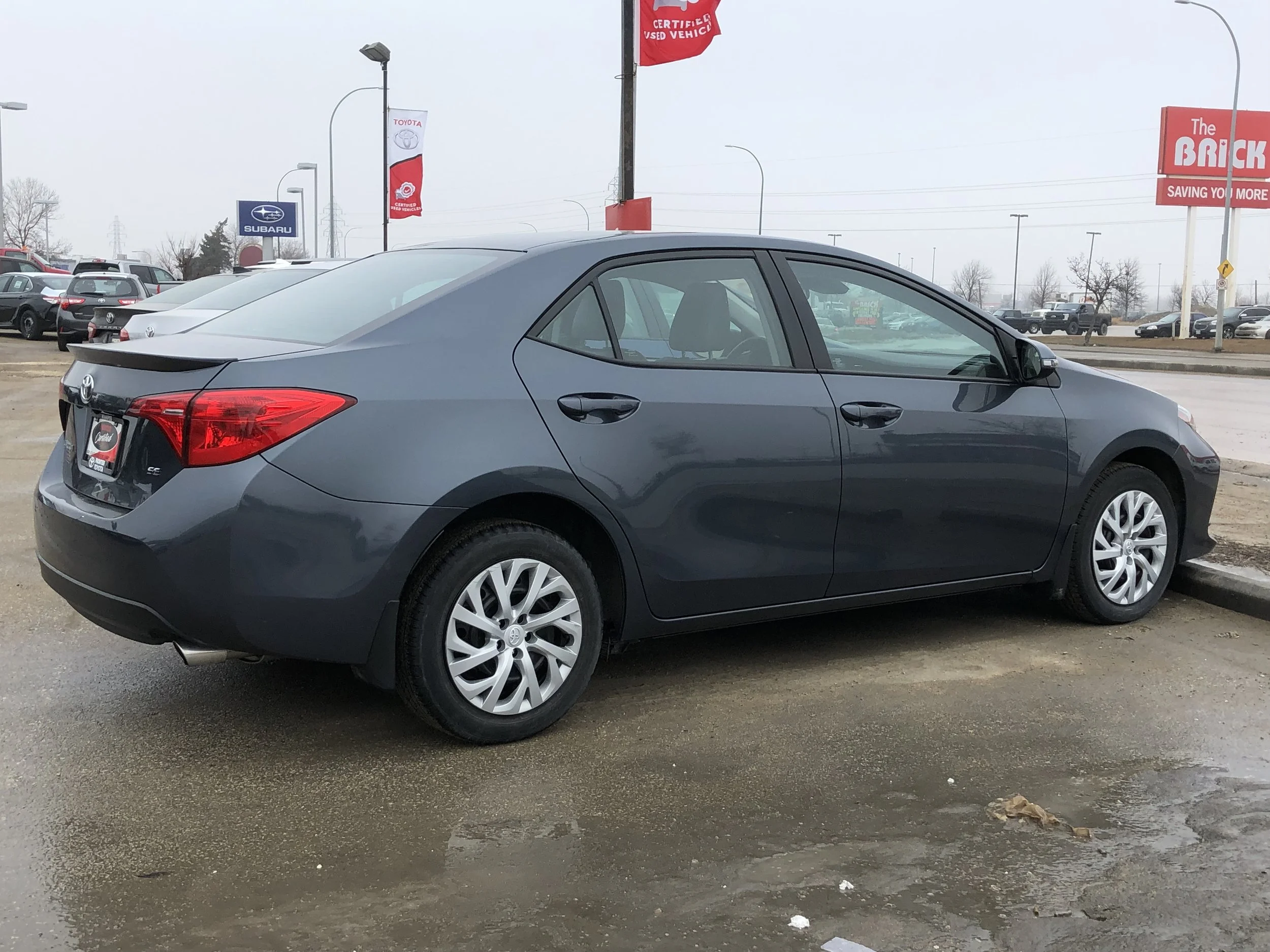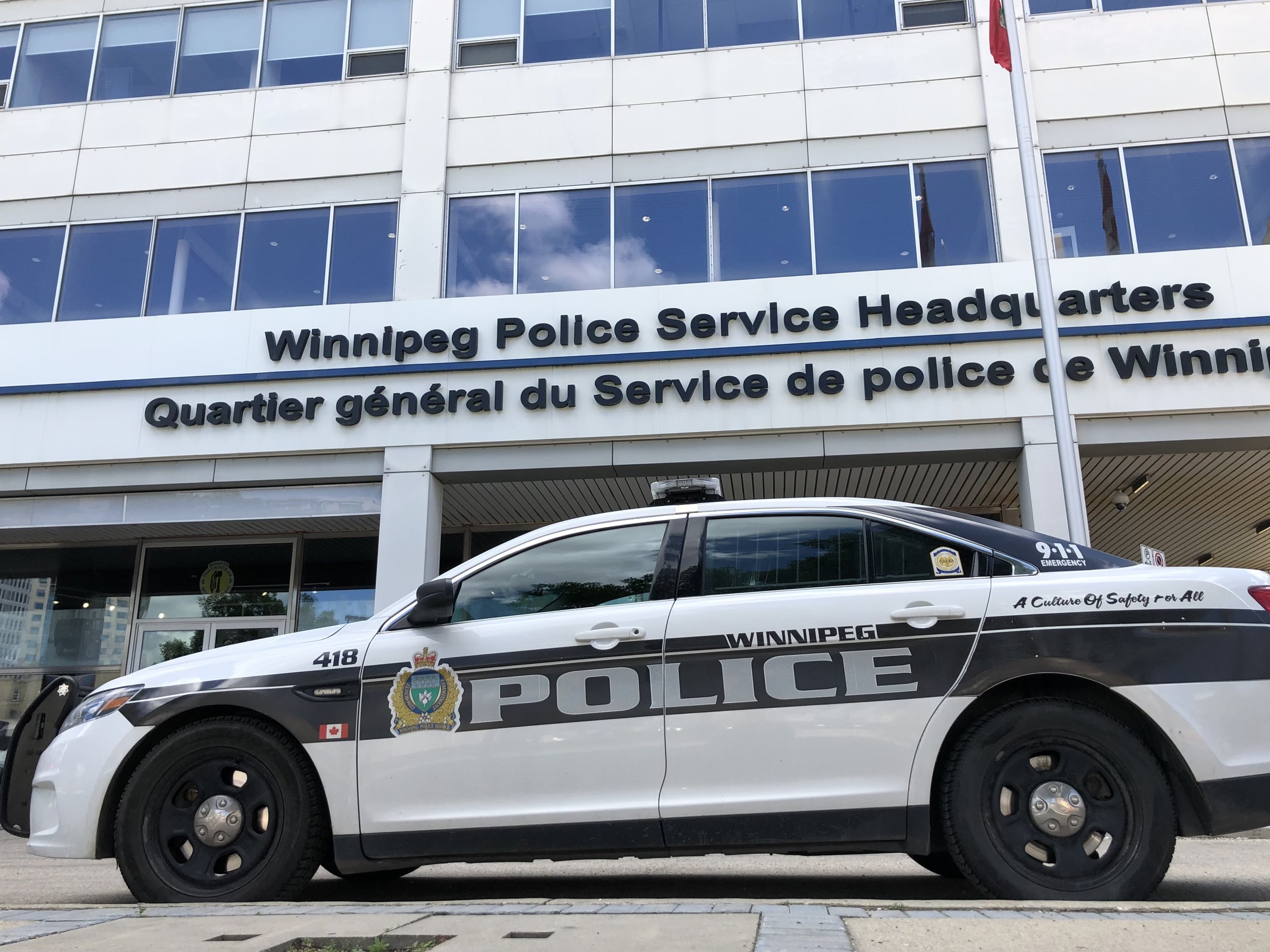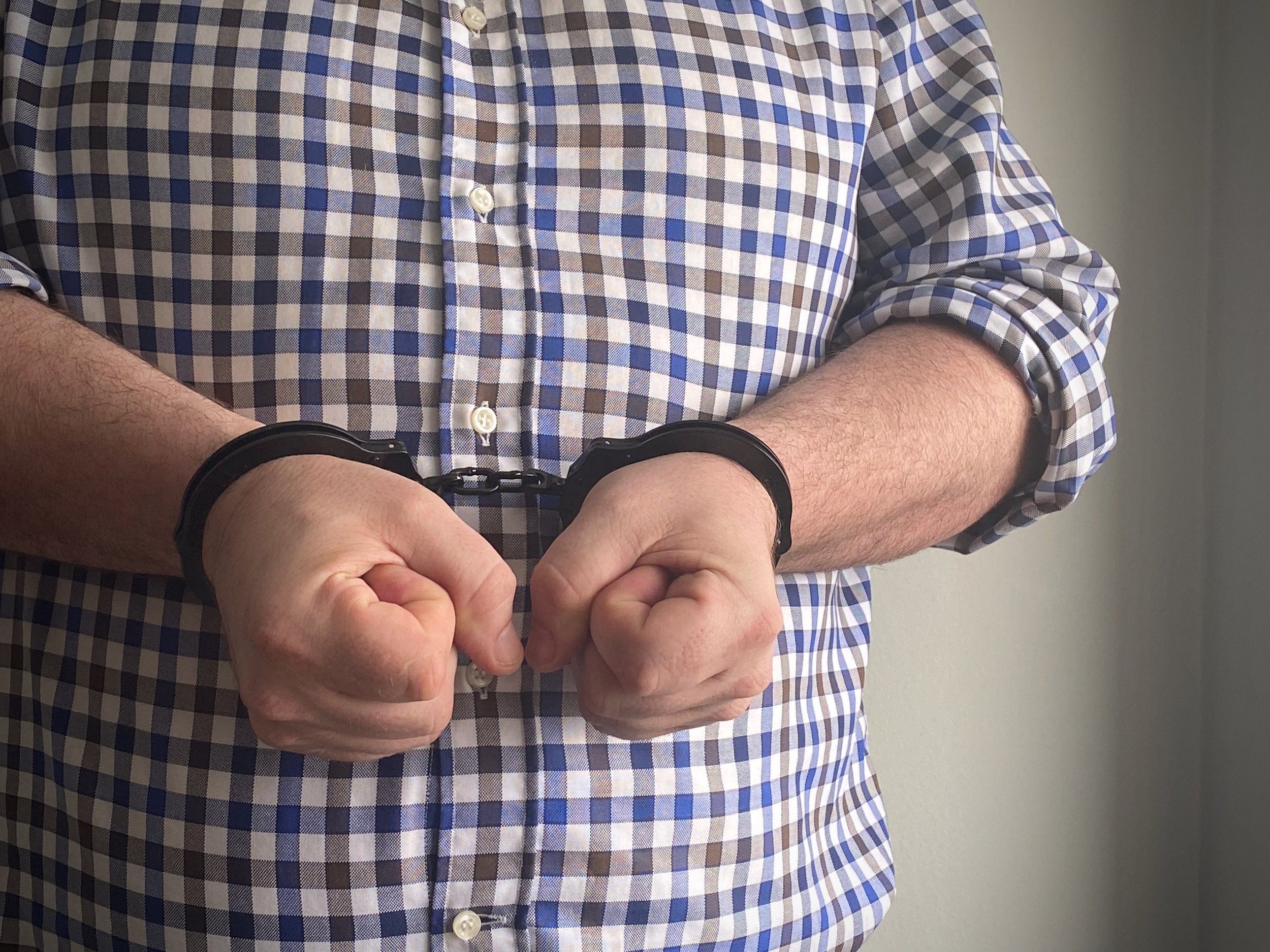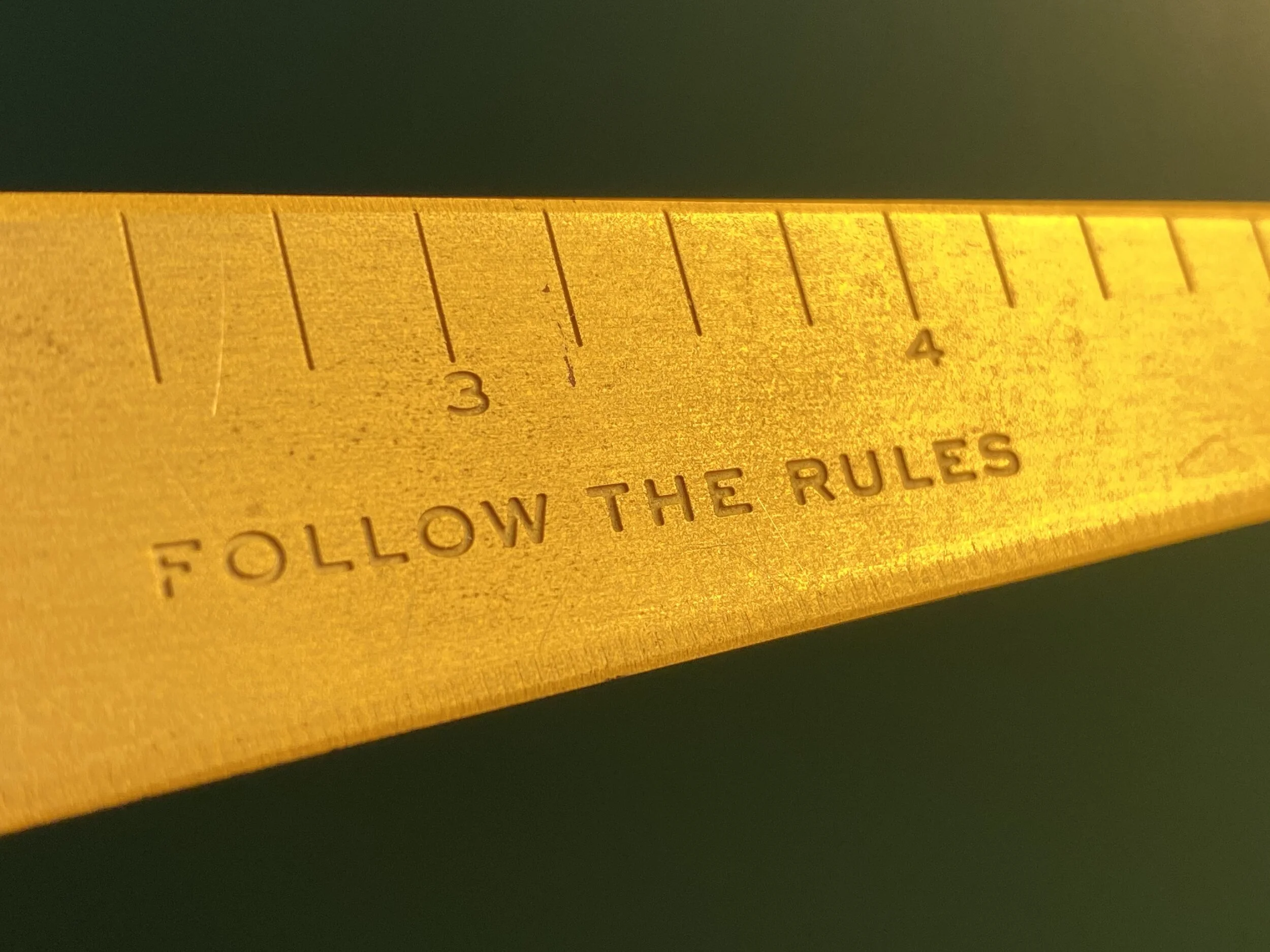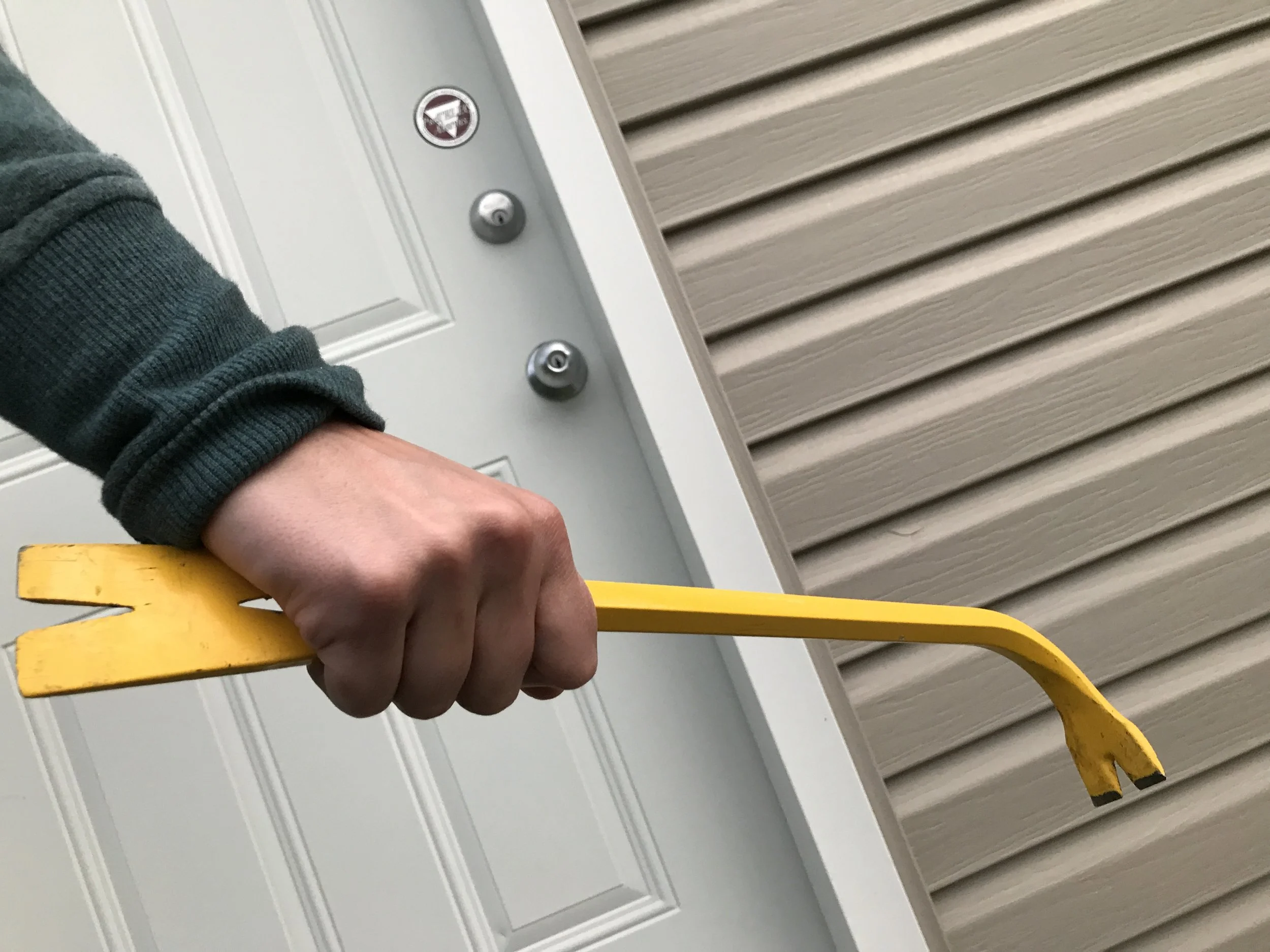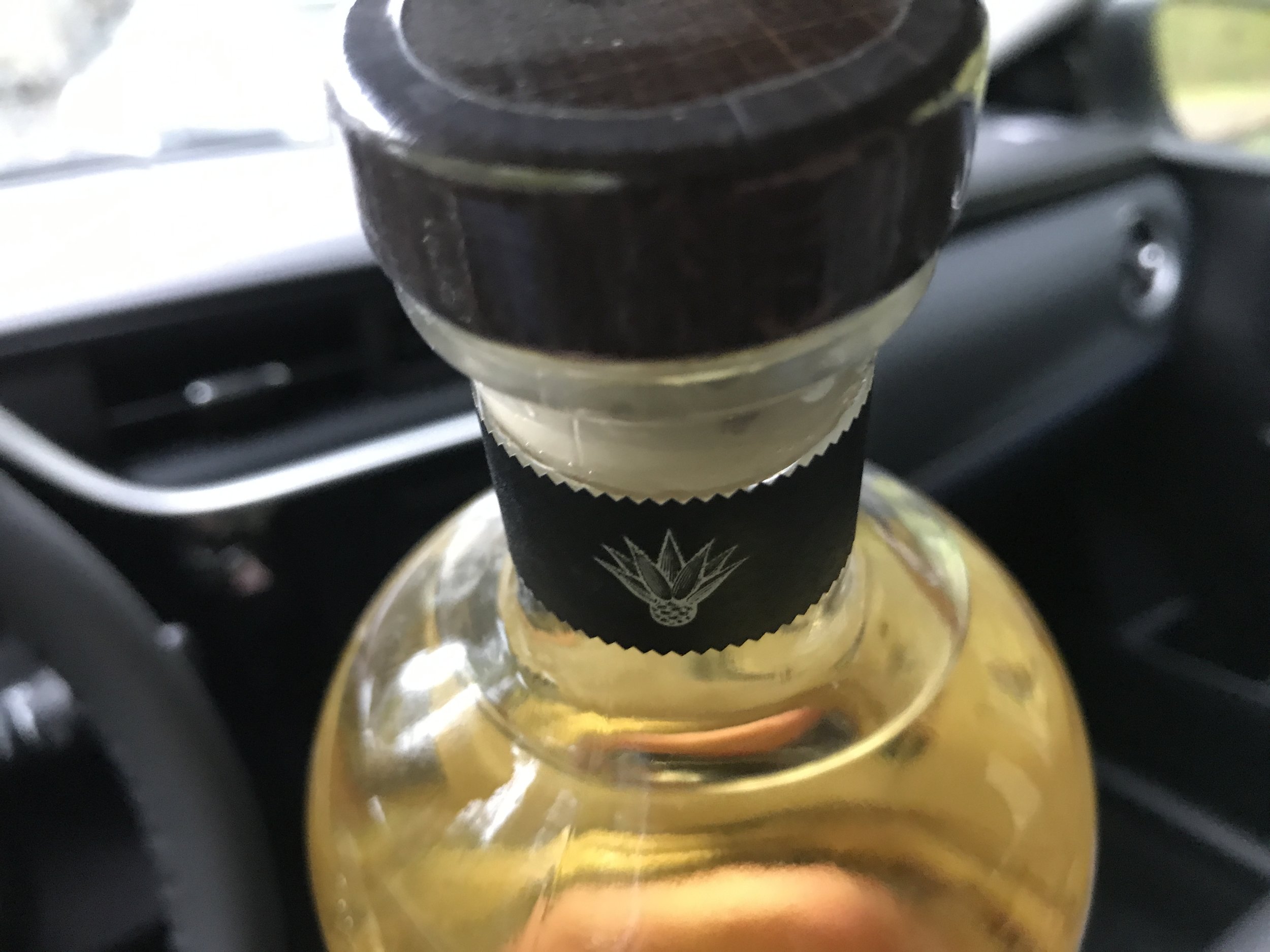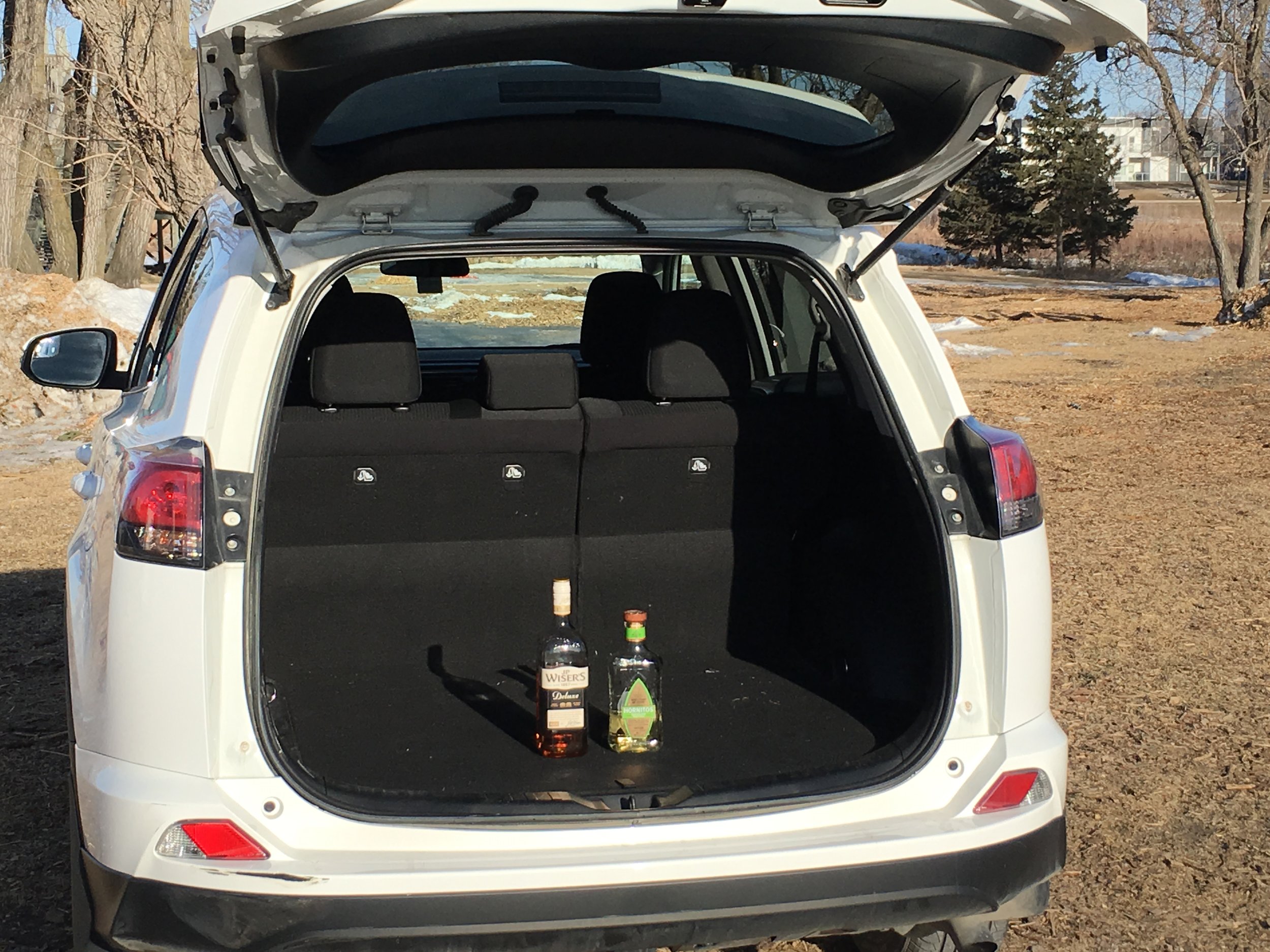Is it against the law to have marijuana in my car? Can you have weed in your car? When marijuana was legalized in Canada, a lot of laws had to be created or updated. Although there have been concerns about impaired driving from marijuana, there doesn’t seem to be a big increase in those types of charges. However, between October 2018 and February 2019, about 75% of cannabis related driving charges/tickets issued to Manitobans were for illegally transporting marijuana and 20% were for consuming marijuana in a vehicle (Drunk and distracted driving eclipse cannabis offences on Manitoba roads 4 months after legalization, CBC News). Anyone that plans on purchasing or consuming marijuana in Manitoba should know how these laws work so you can avoid unnecessary fines.
First of all, laws can be different all over Canada, so be aware the information on this page applies to the Province of Manitoba. Laws can also change over time and this information was accurate as of March 2019.
Most people don’t know these rules, which is why there are so many tickets being handed out. You should share this page with your friends and family so they don’t get a ticket.
Consequences for transporting marijuana illegally
If you are charged with improper transport of marijuana in Manitoba you are facing a $237 fine (government website link) and you will lose 2 points on the driver safety scale from Manitoba Public Insurance (MPI).
I think the best way to avoid a fine and demerits would be to avoid transporting marijuana in a vehicle at all by ordering your marijuana products online from a company like Delta 9 and then have it delivered to your house. In Winnipeg, some delivery companies work with companies like Delta 9 to do same day deliveries for marijuana purchases and you can choose that in your cart as you checkout. (You still have to remember to follow the transportation laws if you plan on bringing marijuana and driving to a friend’s place.) You can also check out a blog post that Delta 9 wrote about transporting cannabis in Canada.
1. Legal rule - HTA Law
We need to start by looking at The Highway Traffic Act (HTA) in Manitoba, which changed on December 1, 2017 to include new provisions about having marijuana in vehicles. Section 213 has all the information about marijuana (as well as where and how you should transport liquor or alcohol in a vehicle). Section 213.1(1) says:
No person shall drive or have the care or control of a vehicle on a highway if there is cannabis in or on the vehicle, whether or not the vehicle is in motion
1. Lawyer to human translation
The default position is that it you're breaking the law under the HTA if you have marijuana in or on your vehicle, even if the vehicle is parked. But there have to be exceptions so that you can legally transport marijuana after you purchase it from the store. Things that only use muscle power, like bicycles and skateboards, do not meet the definition of “vehicle” so you can have marijuana in your pocket or bag.
2. Legal rule - exception for regular vehicles
Subsection (1) does not apply if (a) the vehicle is a motor vehicle — other than a motor vehicle used for the transportation of persons for compensation — and
(i) the cannabis is stored in the trunk, an exterior compartment on the vehicle or another space designed for the carriage of goods or baggage that is not readily accessible to any person in the motor vehicle,
(ii) if the motor vehicle is a station wagon, van, sport utility vehicle, crossover or hatchback style of vehicle, the cannabis is stored behind the rear of the last seat in the vehicle, whether or not that seat is in an upright position, or
(iii) if the motor vehicle is a motor home, the cannabis is stored in a cabinet or other storage compartment away from the driver's area
2. Lawyer to human translation
If you are not paying someone to give you a ride (like a bus, taxi, or a ride-sharing company like Uber), then you have to treat marijuana the exact same way as you would treat open liquor. It doesn’t matter if the marijuana container is brand new from the store or already opened, you always have to treat marijuana in a regular vehicle like you would treat open liquor. For more details about open vs. closed liquor and where you can store it, you can check out my blog post "Can you have alcohol in your car?"
In a car
Store marijuana in the trunk or on a rooftop carrier
In a truck or motorcycle
Store marijuana in the bed of the truck or an exterior compartment
In a van or SUV
Store marijuana behind the last row of seats
In a motor home
Store marijuana in a cabinet or container out of reach of the driver
3. Legal rule - exception for paid trips in vehicles
Subsection (1) does not apply if (b) the vehicle is a motor vehicle used for the transportation of persons for compensation and the cannabis is in the possession of a passenger and carried on the passenger's person or in the passenger's personal effects
3. Lawyer to human translation
If you are a passenger and you are paying the driver for a ride (like a bus, taxi, or a ride-sharing company like Uberr), then you must keep the marijuana with you and store it in your pocket or in your bag.
If you are a passenger and you are just getting a ride in your friend’s vehicle, you have to follow the default rules (above) and store marijuana the same way you would store open liquor.
Paid rides
Store marijuana in your pocket or bag
4. Legal rule - off road vehicles
Subsection (1) of the HTA does not apply if you follow subsection (c):
the vehicle is an off-road vehicle and the cannabis is transported in compliance with section 31.2 of The Off-Road Vehicles Act
So then we have to go and look at section 31.2 of The Off-Road Vehicles Act which says:
No person shall operate an off-road vehicle if there is cannabis in or on the vehicle, unless the cannabis is stored in an exterior compartment on the vehicle or another space designed for the carriage of goods or baggage that is not readily accessible to any person in or on the vehicle
4. Lawyer to human translation
If you are using an off road vehicle like an ATV, dirt bike, or quad, then you must store marijuana in a storage compartment on the vehicle that the driver cannot easily get to or access. The idea behind the law is to avoid a driver being able to quickly access some marijuana. So, you cannot have marijuana in your pocket or in your backpack if you're driving an off road vehicle.
Off road vehicles
Store marijuana in an exterior compartment or a bag that you cannot access quickly
5. Legal rule - power-assisted bicycle
Subsection (1) does not apply if (d) the vehicle is a power-assisted bicycle
5. Lawyer to human translation
You can have marijuana in or on a power-assisted bicycle, like a bicycle with a small motor but this does NOT include a scooter or a motorcycle. If you are on a power-assisted bicycle, then you are allowed to have marijuana in your pocket or in your backpack/bag. Remember, a regular bicycle has no special rules about transporting marijuana because it does not meet the definition of vehicle.
6. Legal rule - trailers
Subsection (1) does not apply if (d.1) the vehicle is a trailer
6. Lawyer to human translation
This is pretty striaghtforward, you can have marijuana in a trailer.
7. Legal rule - boats
The Liquor, Gaming and Cannabis Control Act describes the law about marijuana in boats in section 101.26(1):
(1) A person must not operate or have the care and control of a boat while there is cannabis in the boat, unless the cannabis is stored in a closed compartment in the boat
(2) In subsection (1), "boat" means any type of craft or vessel that is designed or used to travel on water
7. Lawyer to human translation
Because the definition of boat is pretty broad, you have to remember that a boat would include non-motarized vessels like canoes or kayaks even. You just have to make sure the marijuana is in a closed compartment, like a storage compartment on a motor boat or a plastic container in a canoe.
Boats
Store marijuana in a closed compartment in the boat
If you are not driving, can you consume marijuana in your vehicle?
Section 213.2 of the HTA in Manitoba is pretty clear and it says:
No person shall inhale, ingest or otherwise consume cannabis in or on a motor vehicle, farm tractor, implement of husbandry or special mobile machine on a highway.
Section 31.3 of The Off-Road Vehicles Act has a similar section and it says:
No person shall inhale, ingest or otherwise consume cannabis in or on an off-road vehicle, whether or not the vehicle is in motion.
So, the answer is no. To put it bluntly, no hotboxing. It doesn't matter if you are driving or if the vehicle is parked, you are not allowed to consume marijuana in a motor vehicle. This includes any and all ways of consuming marijuana (e.g. smoking pot, eating edibles). The law also says "on" a vehicle, so you cannot sit on the tailgate of your pick-up truck and smoke a joint either.
If you are charged with with consuming marijuana in or on a vehicle, you are facing a $672 fine (government website link).
The two main lessons to learn from this post are that you always need to treat marijuana in a vehicle like you would treat open liquor and you cannot consume marijuana in (or on) a vehicle at all - even if you’re not planning on driving anywhere. I’m a criminal defence lawyer and I found it time consuming to actually locate all the laws about transporting cannabis in Manitoba. In fact, the laws are split over 3 different pieces of legislation, so you cannot even find all the answers in one spot. However, the rules themselves are not hard to follow if you know them and understand them. Police officers could just sit in their cruiser cars outside cannabis stores and then ticket people that get in their vehicle without loading anything into the back or the trunk. Be sure to tell your friends or family about these rules and share this blog post with them so they can avoid the headache of dealing with the police and a ticket.
Related articles
About the author
Michael Dyck is a partner at Rees & Dyck Criminal Defence. He represents clients primarily from Winnipeg, Steinbach, and rural Manitoba. He has extensive experience helping people charged with criminal offences and focuses on building legal strategy with clients. To read more of his articles, please visit his partner's website TomRees.ca.


